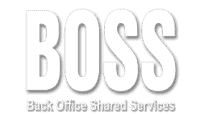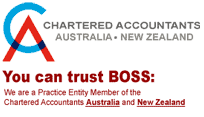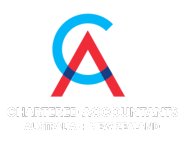Proper Hiring Practices
As the leader of your organisation, it is paramount to hire employees capable of effectively managing numerical data and daily operational tasks. This strategic delegation allows you to concentrate on two crucial objectives: enhancing and expanding the firm, and attracting high-profile clients. To put it differently, if you, as the head of the firm, are preoccupied with routine number-crunching activities, your ability to focus on strategic growth initiatives will be significantly compromised. A lack of attention to expansion can result in stagnation—an unsustainable condition in a competitive landscape where other firms prioritise their development pursuits.Hiring Technology
The first piece of technology we recommend is outsourcing via the cloud. As you are already aware, this solution offers rapid implementation, enhanced work quality, robust security measures, and eliminates the need for physical resources as well as hiring costs. Furthermore, it enables significant expansion within a considerably shorter timeframe.
Secondly, to augment your recruitment capabilities, consider incorporating a profiling tool. This tool involves potential hires completing a questionnaire that provides insights into their personality traits. While resumes detail candidates’ skill sets, profiling tools furnish valuable information about the type of individual you may be bringing on board.
The specifics of profiling tools differ, but they generally offer an archetypal perspective on candidates. For instance, the Myers-Briggs Type Indicator categorises individuals into Jungian types. These archetypes are useful for addressing gaps in your team; if you possess an aggressive personality, you might consider hiring someone with a more measured and relaxed demeanour to provide balance.
Similarly, the DiSC assessment provides a visual representation that segments personality traits into enthusiasm, collaboration, support, stability, accuracy, challenge, results orientation, and action-orientation. It indicates the propensity of each candidate toward these traits. Importantly, there are no right or wrong answers with these tools; they purely reflect the innate personality characteristics of potential hires.
Utilising these profiling tools can prevent the common tendency of repeatedly hiring individuals who mirror your own characteristics. While it might be more straightforward to connect with those who share similar personality traits, such practices are not conducive to a dynamic and expanding organisation. For example, if you possess a quiet disposition and struggle with client interactions, your company’s growth will stagnate if you consistently hire others who are similarly introverted. Introverted individuals may feel overwhelmed and uninspired in roles that require extensive social engagement; conversely, extroverts often excel in these environments.
Profiling tools enable you to identify candidates whose personalities align with specific job requirements. This approach not only enhances organisational strength through appropriate hires but also ensures employees’ satisfaction by placing them in roles suited to their temperament. An additional advantage is that these assessments allow you to evaluate the existing personality landscape within your firm, highlighting areas where strategic enhancements could foster further development.
Additional Benefit – Profiling your clients can significantly enhance the customisation of your services to ensure maximum satisfaction, especially for your A-list clientele. Diverse personalities require different approaches: some individuals prefer detailed engagement, while others favour a high-level summary, perhaps during an informal discussion over a drink.
Implementing personality assessments alongside standard resumes and interviews provides a comprehensive understanding of how potential hires will integrate into your organisation. This method allows you not only to evaluate their skills and experience but also to grasp who they are as individuals. Consequently, you can form a more adaptable and effective team.




